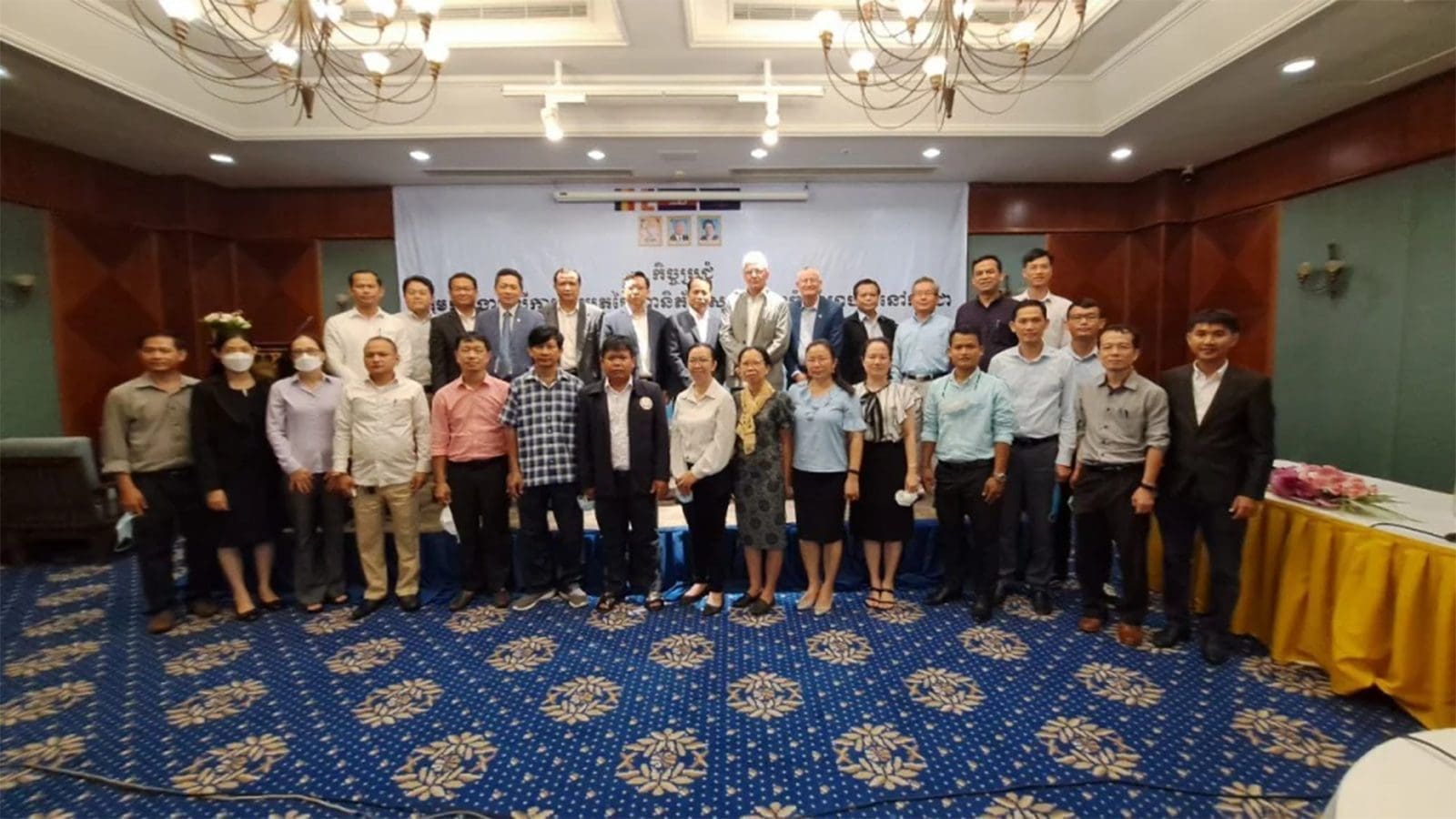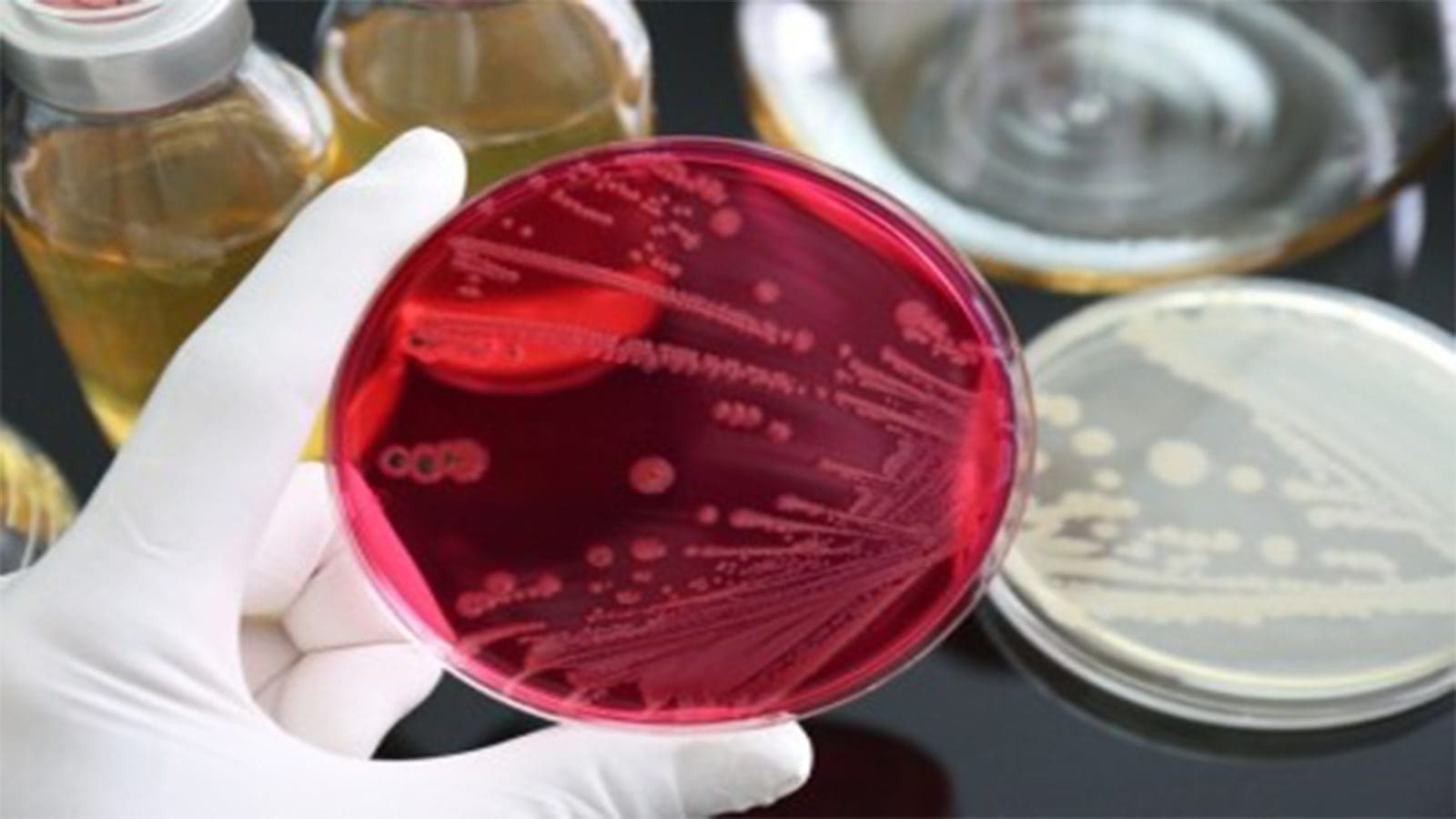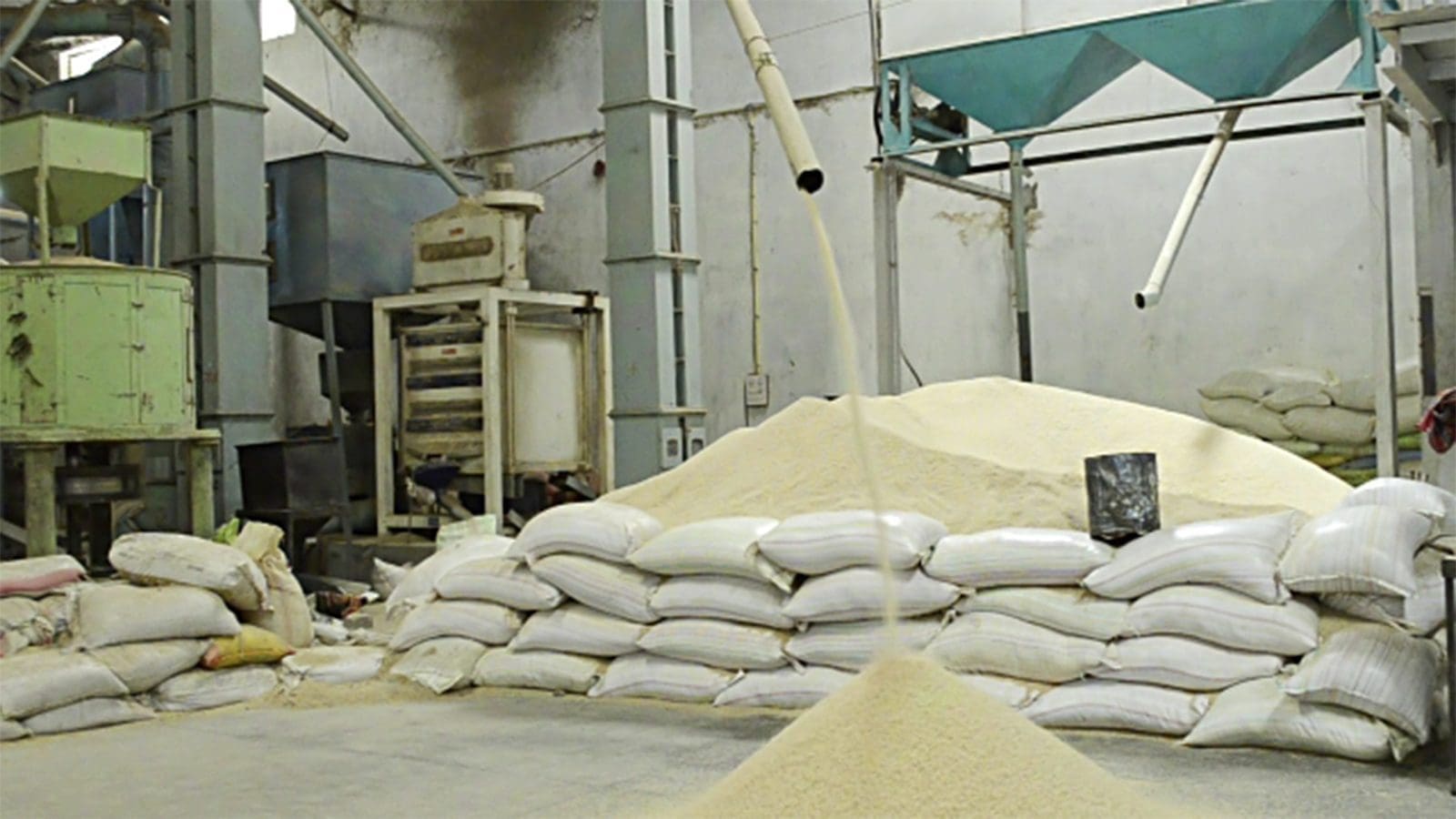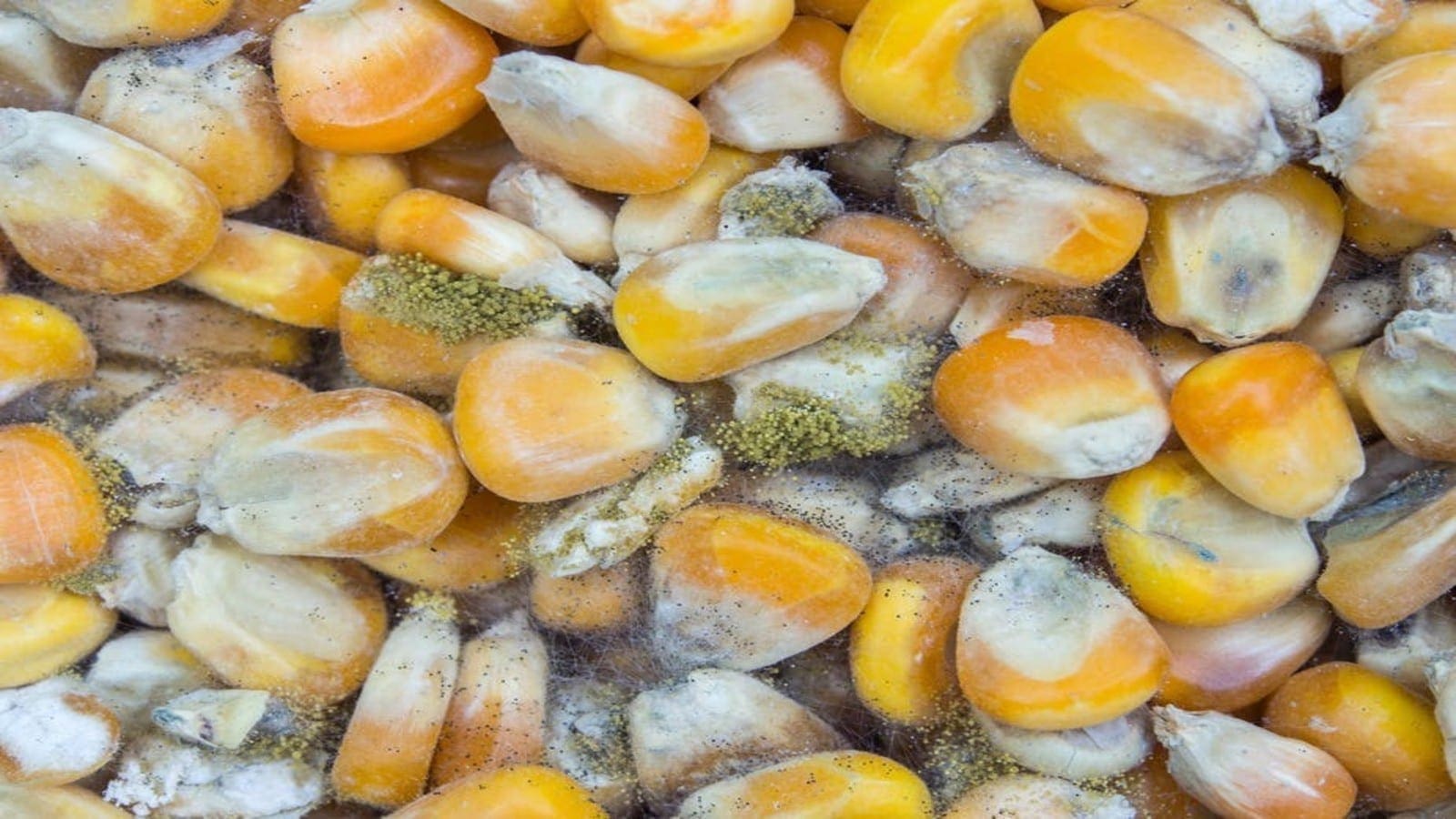CAMBODIA – A taskforce of experts in food safety from all over Cambodia and a research project team led by the International Livestock Research Institute (ILRI) have recently met in Phnom Penh to discuss how to make it easier for the government and researchers in Cambodia to work together to develop safer food for the nation.
The National Animal Health and Production Research Institute (NAHPRI) and ILRI jointly organized the seminar as a part of the Agroecology and Safe Food System Transitions (ASSET) project.
35 specialists from foreign organizations and donors, as well as six government ministries responsible for overseeing the nation’s food safety and quality, attended the meeting.
These included representatives from the Ministry of Agriculture, Forestry and Fishery, Ministry of Commerce, Ministry of Industry, Science, Technology and Innovation, Ministry of Health, Ministry of Tourism, Ministry of Economy and Finance, the Food and Agriculture Organization of the United Nations (FAO), the World Health Organization (WHO) and the German Agency for International Cooperation (GIZ).
The Safe Food, Fair Food for Cambodia project (SFFF), which was supported by the US Agency for International Development (USAID), took the initiative to establish the taskforce on food safety risk assessment (2017-2021).
Experts and researchers in food safety from Cambodia are part of the Technical Working Group for Food Safety, which is funded by the project and working with the government to improve the country’s risk assessment and food safety regulations.
On behalf of the General Directorate of Animal Health and Production (GDAHP), Bun Chan, deputy director of the National Animal Health and Production Research Institute (NAHPRI), acknowledged the contributions made to the advancement of the nation’s food safety policies by the Taskforce’s three prior meetings in 2017, 2019, and 2021.
The Safe Food, Fair Trade Coalition provided support for the prior taskforce meetings.
“This meeting is to find the best place to fit ourselves with the newly enacted food safety law,” said Chan.
The new “Law on Food Safety” that was promulgated in June 2022, according to Dim Theng, Deputy Director General of the Directorate General of Consumer Protection, Competition, and Fraud Repression (CCF), is intended to meet the needs of domestic and international trade and safeguard the public health.
The law, which consists of 11 chapters and 43 sections, lays out the structure and procedures for managing and assuring the food’s safety, quality, hygienic standards, and legality at all points in the food production process.
Additionally, it protects consumer health and food safety and assures ethical food trading.
Participants in the meeting gained knowledge of Cambodia’s current state of food safety and its difficulties.
Other key issues discussed were outbreak investigation and response from the public health sector, lessons learned from the risked-based approach and management from the SFFF Cambodia project, and experience in food safety management from its neighbouring country– Vietnam.
The SFFF project team tried “light-touch” and inexpensive interventions to increase the safety of pork and poultry sold in traditional markets across the nation based on SFFF Cambodia’s primary findings on microbiological hazards connected to poor hygiene and cross-contamination.
Among the more hygienic practices, the research team introduced were the separation of ready-to-eat from raw pork meat and intestines, frequent handwashing as well as wipe-downs of meat-selling surfaces, and promotion of clean-pork branding to retailers.
Participants in the meeting suggested enhancing the taskforce members’ capacity through the creation of guidelines and a manual on risk-based approaches, improving member collaboration through regular meetings to update members on the state of food safety in the nation, and creating a core group to facilitate the taskforce’s operation.
Partners concurred to create a Telegram channel for taskforce members to communicate on, as it is a popular social media site in Cambodia.
Additionally, they recommended that the national taskforce participates in pertinent regional, national, and worldwide gatherings and forums, including the National Food Security Nutrition Forum and the United Nations Food Systems Summit (UNFSS).
The co-leader of the ILRI Animal-Human Health Program and the CGIAR One Health Initiative, Hung Nguyen, emphasized the importance of solidifying the connection between the taskforce and the multi-sectoral Technical Working Group on Food Safety so that both organizations can collaborate more effectively and assist Cambodian policymakers in the area of food safety.
Through the ASSET project and the CGIAR Initiative on “Protecting human health through a One Health approach,” or One Health initiative, the taskforce is currently receiving support from the French Development Agency (AFD), the European Union (EU), and the French Facility for Global Environment (FFEM).
For all the latest food safety news from Africa and the World, subscribe to our NEWSLETTER, follow us on Twitter and LinkedIn, like us on Facebook and subscribe to our YouTube channel.








